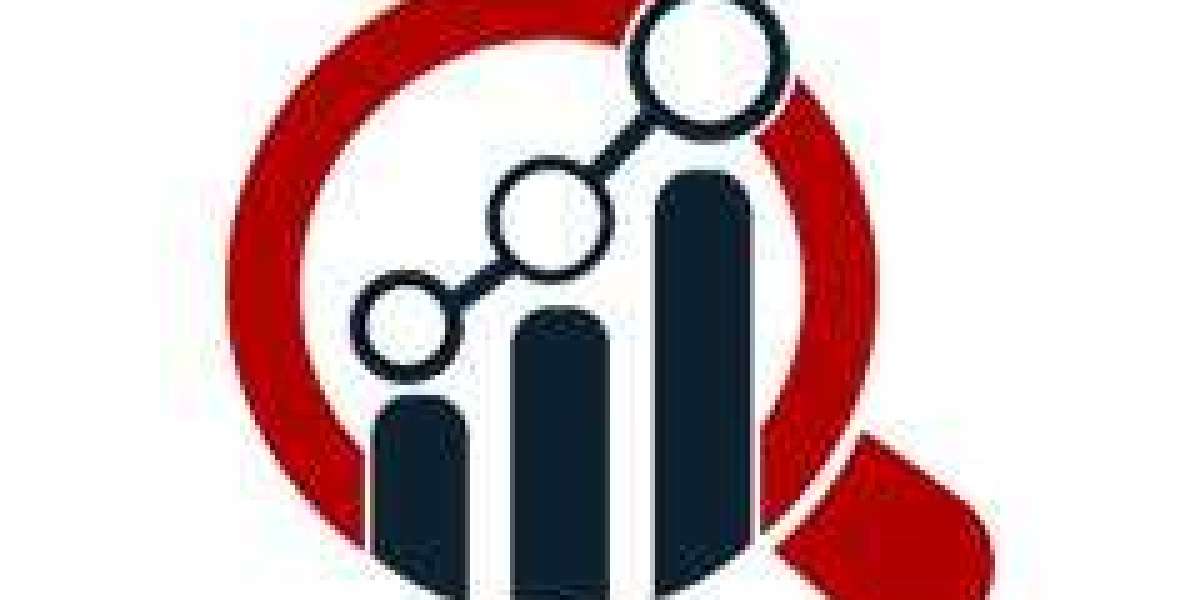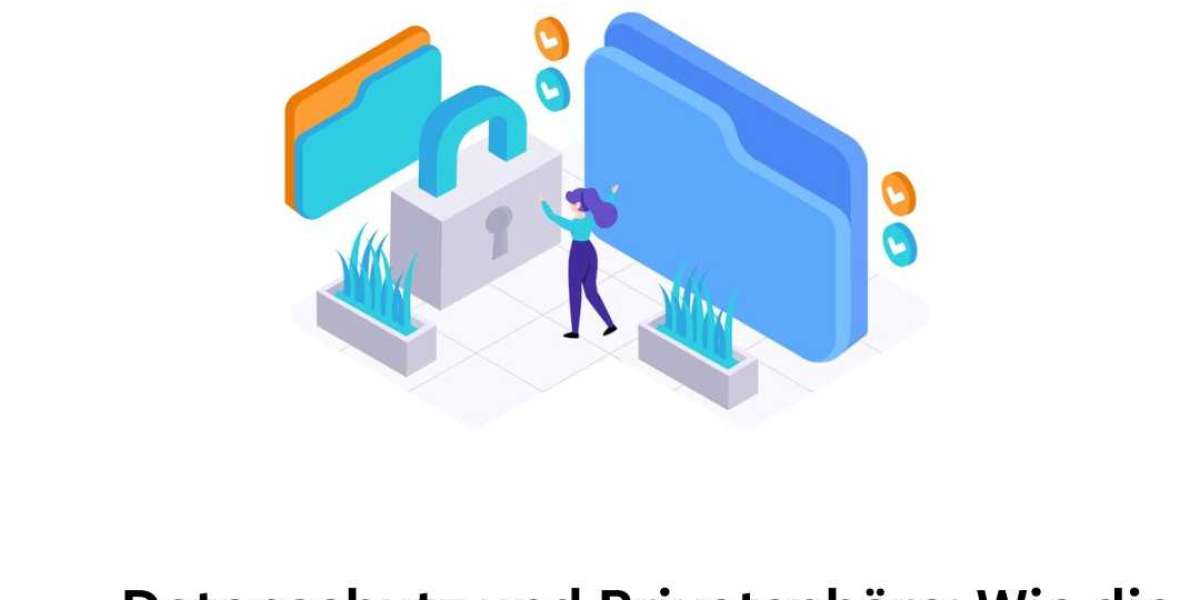Sedex, short for Supplier Ethical Data Exchange, has emerged as a key player in this arena. Sedex audits play a pivotal role in assessing and promoting responsible business conduct. This article aims to provide a comprehensive understanding of Sedex audits, their significance, and the steps involved in the process.
Understanding Sedex
Sedex is not an auditing body itself but a platform that facilitates the sharing of ethical and responsible business data. It serves as a collaborative platform for businesses to share and view information regarding labor practices, health and safety, the environment, and business ethics within the supply chain.
Significance of Sedex Audits
- Transparency and Accountability: Sedex audits promote transparency by encouraging businesses to openly share information about their supply chain practices. This transparency, in turn, fosters accountability as businesses are held responsible for their actions and the impact they have on workers, communities, and the environment.
- Risk Mitigation: By conducting Sedex audits, businesses can identify and address potential risks in their supply chain. This proactive approach helps in preventing issues related to labor exploitation, unsafe working conditions, and environmental violations, which could lead to legal consequences and damage to the brand's reputation.
- Improving Supplier Relations: Sedex audit contribute to building strong and sustainable relationships between buyers and suppliers. When businesses adhere to ethical and responsible practices, it not only enhances their reputation but also creates a positive impact on the suppliers associated with them.
- Meeting Stakeholder Expectations: In today's socially conscious consumer environment, stakeholders, including customers, investors, and employees, expect businesses to operate responsibly. Sedex audits provide a mechanism for businesses to align with these expectations and demonstrate their commitment to ethical practices.
Steps Involved in Sedex Audits
- Sedex Membership: To initiate the Sedex audit process, a business needs to become a member of the Sedex platform. This involves creating an account and subscribing to the necessary membership.
- Self-Assessment Questionnaire (SAQ): The first step in the audit process is for the business to complete a Self-Assessment Questionnaire. This questionnaire covers various aspects such as labor standards, health and safety, environmental impact, and business ethics. The responses provide a baseline understanding of the business's ethical practices.
- Audit Preparation: Based on the SAQ responses, the business prepares for an audit. This involves gathering evidence and documentation to support the claims made in the questionnaire. This documentation is crucial for verifying the implementation of ethical practices.
- On-Site Audit: Sedex audits often include an on-site component where auditors visit the business premises to assess the actual working conditions and practices. This step ensures that the information provided in the SAQ aligns with the reality on the ground.
- Audit Report and Corrective Actions: Following the audit, a comprehensive report is generated, highlighting areas of compliance and non-compliance. If any issues are identified, the business is expected to implement corrective actions to address these concerns.
- Sharing Audit Results on Sedex Platform: Once the audit is completed, the results are shared on the Sedex platform. This information is accessible to other Sedex members, promoting transparency and allowing for informed decision-making when selecting business partners.
Conclusion
In conclusion, Sedex audits play a vital role in fostering responsible and ethical business practices in the global supply chain. By promoting transparency, mitigating risks, and meeting stakeholder expectations, businesses can not only protect their reputation but also contribute to a more sustainable and ethical business ecosystem. As the importance of ethical conduct continues to grow, Sedex audits serve as a beacon guiding businesses towards a future where responsible practices are at the forefront of global commerce.








